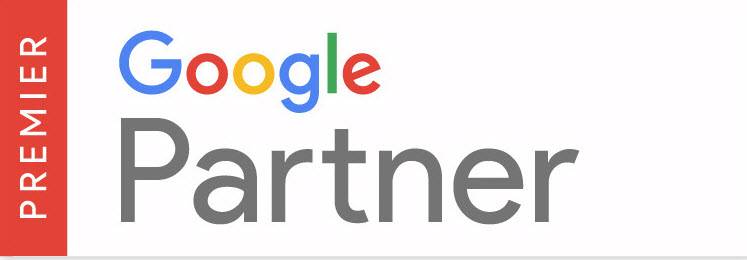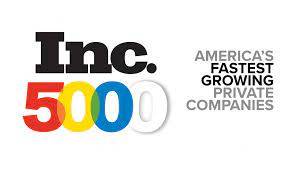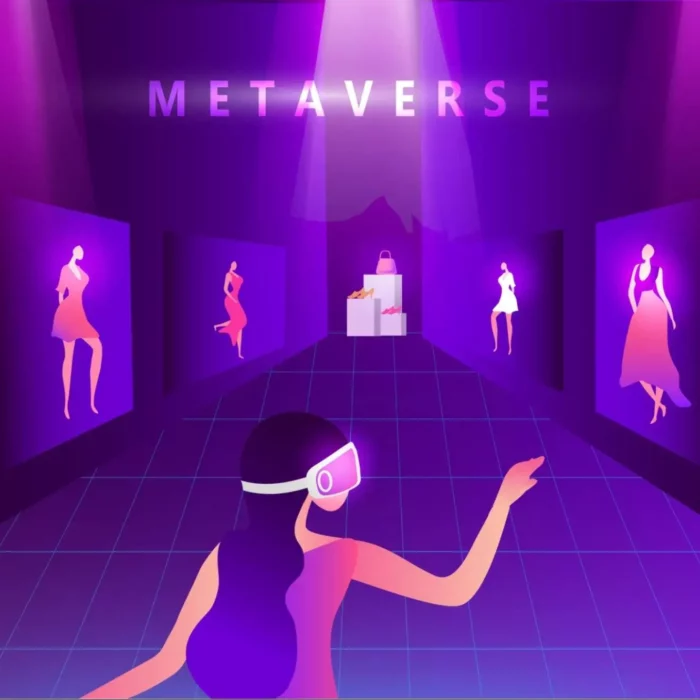When building an informational or corporate website, many web developers and industry experts will recommend a content management system (CMS) like WordPress as the backbone of the website. Whether it’s WordPress, Drupal, Joomla, or another CMS, adding a software platform as the foundation of your website allows you to log back in at a later date to add, remove, and adjust content in your website, and manage add-on software, like WordPress Plugins.
A Simple and Versatile CMS
WordPress was originally developed as blog software, and evolved into a more comprehensive website management system. It’s extremely popular because of its ease of use and versatility.
WordPress can be a great option for a business with an overall large website or one that’s planning to:
- Make frequent updates
- Add new pages of content
- Make adjustments for search engine optimization
- Manage photo and video galleries, event calendars, homepage banners, content in additional languages, and other changes to text, images, and other media.
WordPress May Be Unnecessary For Some Websites
For organizations that intend to build a small business website, but don’t foresee making many updates, it can be overkill. Additionally, part of the strength of WordPress is in it’s user friendliness, but if you don’t plan on making changes as the end user, but rather, will reach out to your web developer whenever you want to update your website anyway, it defeats the purpose of using WordPress. Your developer knows languages like HTML and CSS, and doesn’t need the content management system.
HTML5 May Be A Better Option
Businesses with more static needs that don’t plan on making frequent or numerous changes to their website or that plan on having a developer update their site anyway, may opt for an HTML5 website, without a CMS system.
An HTML5 website can be more cost effective in the short-term as well as the long-term, especially for small websites, since the time to setup a platform like WordPress will be removed from the equation.
Even without a CMS system, standalone software and scripts can be deployed to add specific features, such as a blog with a user-friendly admin for creating and moderating blog posts. You’ll still have options for adding dynamic features to your site, but you won’t be locked into Plugins that are compatible with only a single CMS system. Your hosting needs may also be simplified, and your loading speeds enhanced, since you won’t be using the extra resources required by an in depth database-drive CMS system.
WordPress Popularity Means Potential Security Threats
If you’re wondering why to not use WordPress by default, there are some good reasons. As a popular software platform, hackers are constantly coming up with new ways to break into it This means that WordPress website owners can expect to spend more money to keep their site updated and secure.
As a WordPress website owner you will have to:
- Deal with active threats that may arise
- Deal with upgrade incompatibilities (such as if a WordPress plugin doesn’t function properly with certain updates)
Even small business websites can be chosen as targets for malicious activities. In some cases, the hackers simply want access to your hosting account to send out their spam messages. Regardless of the the type of damage done, it can cost you time, money, and can negatively impact your business.
There are Alternative CMS Options
For businesses that need a CMS to manage their website, but would prefer not to work with a platform like WordPress which is more susceptible to security issues, and requires more developer work to maintain, there are other options. For instance, Duda offers a robust CMS that’s marketing and mobile friendly, and loads from Amazon’s cloud.
A Platform like Duda is considered a Software as a Service (SaaS) offering and requires minimal maintenance (if any). Duda pushes in software updates and adds new features and improvements behind the scenes, much like other web-based services that you may use. You can’t necessarily create custom plugins, but you have a robust website management portal, and a vendor that provides support (whereas WordPress provides free open-source software, sans such support). You don’t need to spend as much on maintenance, worry as much about security, or address hosting and hosting maintenance issues.
Contact Us For A Free Consultation
Not sure which platform to build your website on? Consider reaching out to a digital agency for advice. JLB USA offers free consultation to learn about your needs and provide unique feedback and recommendations for your business. This can include both a high-level internet marketing plan, as well as recommendations regarding a design and development path based upon your organization’s unique needs and goals.










